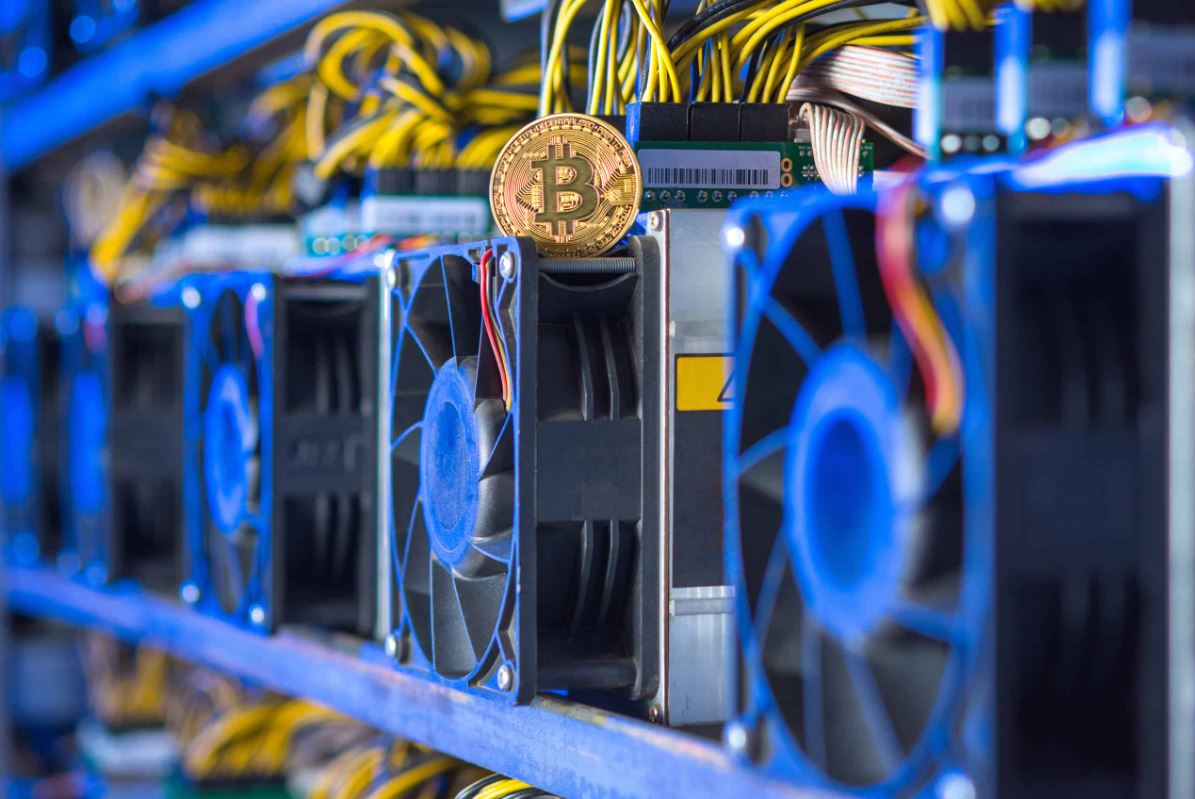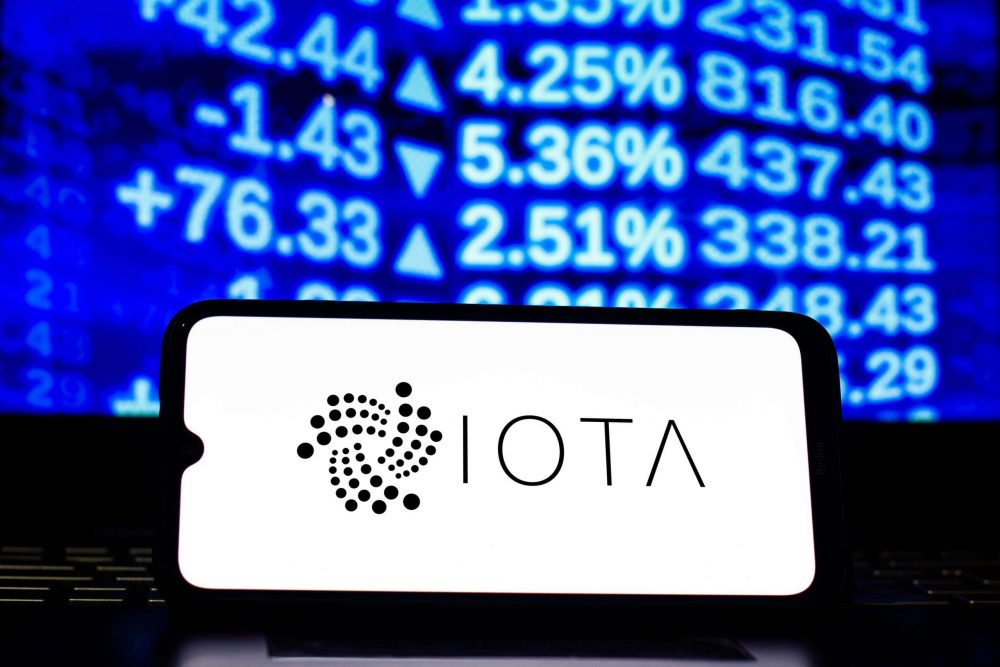[ad_1]
Although most investors are solely familiar with equity trading, such as stocks or mutual funds, or investing in debt, such as bonds, commodity trading tends to be ignored despite the fact that it possesses many advantages over other types of investment instruments. Let’s begin by defining what a ‘commodity’ is in the first place. Commodities can come in many forms. Most commonly traded commodities include lean hogs, live cattle, oats, wheat, metals, and even currencies.
One of the attractions of trading commodities is the potential for gaining large profits in a considerably short amount of time. Nevertheless, commodity trading is considered by most as being extremely risky since most investors tend to lose money. However, by performing your due diligence and determining whether the commodity that you’re interested in is either under- or overvalued, say if you want to go long or short, respectively, you may be able to minimize the risk involved in commodity trading. It may also help to have an experienced commodity trader by your side to guide you.
When you’re trading commodity futures, you’re not truly purchasing nor owning anything, unlike other types of investments, such as stocks or bonds. You’re simply speculating on where the price of a given commodity will be headed. If, after doing your research, you believe that the price of coffee is going to rise, you would purchase future contracts, or go long. On the other hand, if you were under the impression that the price of sugar was going to drop, then you would sell future contracts, or go short.
As was mentioned earlier, one can also purchase futures in currency or market indices, in addition to buying or selling futures on commodities like cattle and hogs. One advantage of trading futures on market indices is that you don’t need to invest a lot of money, as opposed to having to invest a considerable chunk of capital if one were to purchase individual stocks. Let’s illustrate with the following, a $10,000 futures contract on the Nasdaq is equivalent to about $200,000 dollars in stock. Let’s assume you expect the market to rise shortly, you could potentially buy many of the stocks that form part of the Nasdaq stock index (the herd mentality) or you could purchase a Nasdaq futures contract. Suppose you invested $200,000 in stocks in the Nasdaq, and if the index had risen, you would have made a profit of say, $25,000. However, if you instead purchased a $10,000 futures contract simultaneously, rather than investing $200,000, you would have made the same $25,000, by investing with a lot less capital in the first place.
A disadvantage to commodity trading is that it is usually done on margin in order to leverage your investment, so a small drop in the price could potentially cost you your whole investment. It is for this reason that one must perform his/her due diligence and decide for him/herself if a given futures contract will be a prudent investment. Although commodity trading can be fun, albeit not without risk, it offers investors another way to diversify their investment portfolios.
- Michaël van de Poppe: Bitcoin to Hit $500,000 This Cycle? 🚀💸 Or Just Another Crypto Fairy Tale? - December 21, 2024
- What is the Meme Coin Bonk, Price Predictions 2025–2030, and Why Invest in BONK? - December 18, 2024
- BNB Price Analysis: 17/12/2024 – To the Moon or Stuck on a Layover? - December 17, 2024



![The strategic approach to AI in the enterprise 6 Top 10 Leading Countries in AI Research and Technology [current_date format=Y]](https://cryptheory.org/wp-content/uploads/2023/08/ai-strategie.jpg)



















